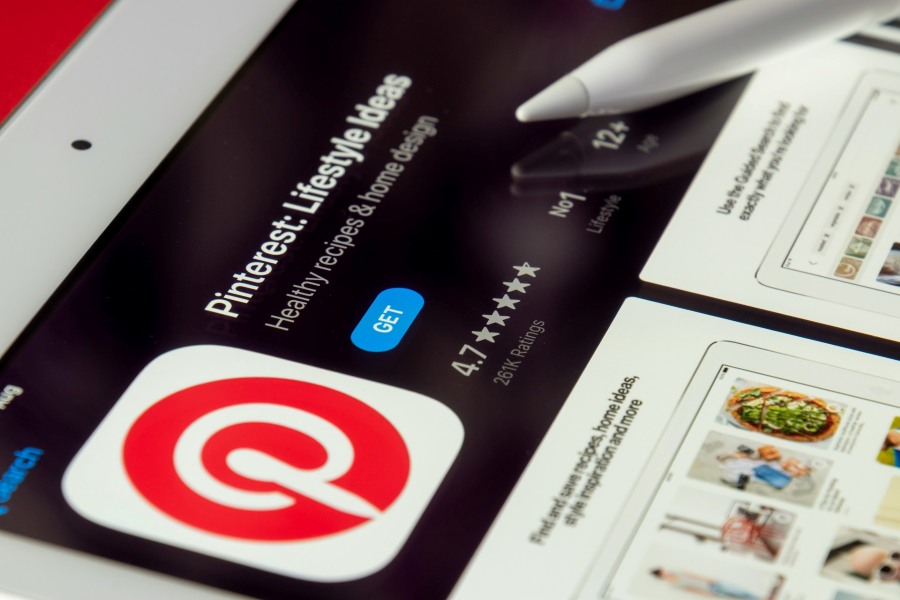
The Role of Market Research
No matter the industry, virtually all companies need ways to measure audience perception of their products or services. Market research helps a business refine products before bringing them to market, improve on already existing products, and optimize its marketing strategy by integrating qualitative data from real audience reactions. One long-standing and popular market research technique is the focus group.
What are marketing focus groups?
A focus group is a tool used to measure the potential impact of a new product and determine how best to present it to the public. It’s usually a small group (about 10 or fewer volunteers, sometimes paid and sometimes not) who gather to discuss a product or idea. Their discussion and responses are collected and analyzed by a market research firm to measure how a larger population is likely to react.
It’s important to note that marketing focus groups are usually just one part of a larger equation. While they can afford invaluable insights about a product from real human beings – rather than faceless data – they may not provide enough information on their own. Below, we’ll break down some of the pros and cons of focus groups and illuminate how businesses can get the most out of them.
Pros of Marketing Focus Groups
Focus groups provide immediate responses in bulk.
Unlike market research techniques that rely on the long-term collection and interpretation of data – such as one-on-one interviews, written surveys, polls, or social media monitoring – marketing focus groups provide lots of direct feedback all at once — no need to spend weeks gathering data or answers, then more time analyzing it. With (granted) enough preparation beforehand, you can end up with a wealth of information about your product in the span of a day.
Face-to-face interactions provide richer insights.
We’ve said many times before that effective marketing is all about communication. It makes sense, then, that some of the best audience insights can be garnered from in-person interaction. While written surveys or social media conversations about your brand can offer plenty of clear audience sentiment, those avenues miss out on the potential of non-verbal cues which can add layers of meaning to a verbal exchange.
Skilled focus group moderators can learn a lot about how participants really feel about a product non-verbally, such as through facial expressions and body language.
Results can be more comprehensible than data.
There’s no doubt that big data has an important place in today’s marketing landscape, and technological advances afford us plenty of tools to analyze that data efficiently. But putting names and faces to audiences helps marketing teams engage with their consumer base on a deeper level, better equipping them to understand consumers’ unique pain points and meet them with good products or services. The qualitative data engendered by focus groups is a great supplement to more impersonal data.
Cons of Marketing Focus Groups
There’s no guarantee of depth or accuracy.
While marketers hope to get honest responses from a random sampling of average users, there’s no guarantee that a focus group will provide such honesty. Moderators and other volunteers can subtly affect participants’ responses; volunteers may feel uncomfortable breaking with the group opinion or “offending” the moderator. What’s more, the sample size may be too small to represent a larger population. As HowStuffWorks acknowledges, Pepsi learned this lesson the hard way when positive focus group responses to their clear Crystal Pepsi failed to predict the sales bomb the product ended up being.
Moderator bias, peer pressure, and small sample sizes can all affect the degree to which your sample size actually reflects the larger population, while responses may not be as honest or in-depth as with one-on-one interviews.
Focus groups can be expensive.
Successful marketing focus groups need highly skilled moderators who know how to pose questions and facilitate discussions in an unbiased way to garner the most productive, useful, and honest responses. This is why most companies and advertising agencies hire a market research firm that specializes in focus groups. It can be costly to hire the firm and finance the production of surveys and product demos, not to mention possibly pay participants for their time.
The Lesson
Focus groups are efficient methods of collecting valuable insights in bulk, all at once, but mileage may vary when it comes to their cost and reliability. As such, marketing focus groups work best when paired with both quantitative and qualitative data from other market research strategies. We explore some examples below.
- One-on-one interviews – These offer similar qualitative data to that provided in focus groups, with the advantage of being more in-depth because peer pressure is reduced and there’s no need to steer unwieldy discussions.
- Written surveys – While written market research surveys don’t give researchers access to the non-verbal cues of face-to-face interaction, they can be efficient ways to gather honest responses unfettered by moderator bias.
- Polling – This is another relatively easy way to leverage technology for market research, though responses may feel less personal.
- Social media monitoring and listening – The conversations happening about your brand on social media are priceless sources of data on your audience sentiment. While social media monitoring requires time and resources to gather and effectively analyze all that data, it’s an invaluable market research technique when paired with other qualitative data.
Having trouble putting your finger on the pulse of your audience? The media-obsessed experts at Bloom Ads put results at the forefront of all our campaigns, because we understand that success can’t be achieved without real knowledge. Learn more about all the services we offer today.



